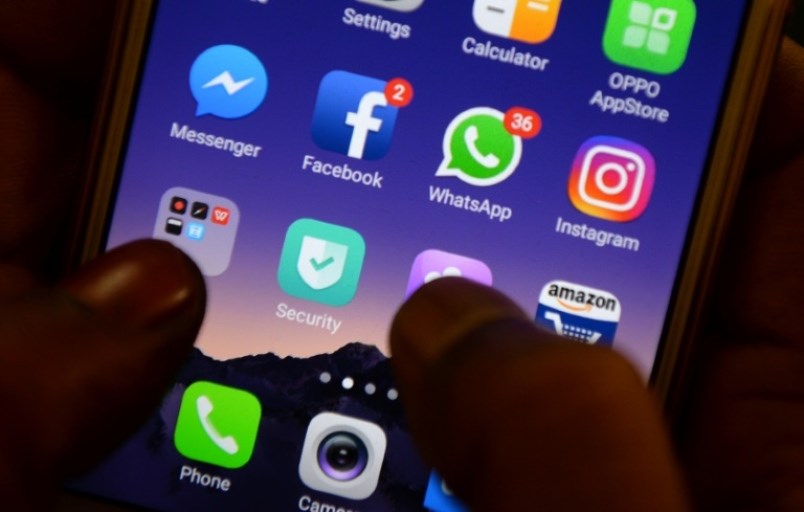St. Albert mother Lisa Cardinal knows all too well how cyberbullying can leave lasting scars on mental health.
When her eldest daughter was in Grade 7, Cardinal said classmates would send her relentless hurtful messages through Nexopia, which used to be a popular Canadian social networking site.
Students would go out of their way to personally attack her daughter, but simply leaving school at the end of the day didn’t mean she could escape the harassment online, Cardinal said.
“The cyberbullying was unbelievable, it was horrible,” Cardinal said. “She got into this situation where she didn’t want to go to school. She didn’t want to go anywhere or do anything. She basically became obsessed with trying to defend herself online.”
Cyberbullying involves using the Internet, social media, email or text messaging to intimidate, threaten or harass other people. Unlike being bullied in person, cyberbullying can follow a victim everywhere, 24 hours a day, seven days a week.
When Cardinal realized her daughter was in a downward spiral, they talked about it and decided to cut her access to the Internet altogether, she said.
"In six months, she was able to rebound, because (bullies) never do this stuff in person. They would never say the things they would say online to her face," she said. "Even she said, after a few months of not being online, that it was the best thing we could have done."
Harmful messages can be sent within seconds, but the negative impacts can stay with a person for years.
Bullied children are nearly 40 per cent more likely to be diagnosed with mental health issues as teenagers than those who were not involved with bullying, according to recent research from the University of Alberta and Dalhousie University.
"It's traumatizing. It stays with you. It leaves scars, forever. In some cases, my eldest still has huge problems with her body ... she's 25 years old, and just starting to really come into her own."
St. Albert RCMP Const. M-J Burroughs said Bullying Awareness Week is important for people to recognize that bullying and cyberbullying is ongoing. The week, which runs from Nov. 16 to Nov. 20, helps to raise awareness and promote a better understanding of bullying and its impacts.
"It's happening in the communities, and it's very apparent online – not just with youth, but with adults. It's easy to hide behind a computer," Burroughs said.
Parents should be monitoring what their children are doing online, which can be easier said than done, Burroughs said. But keeping that line of communication open is especially important. It's not that cyberbullying can be more difficult to spot than traditional bullying, but it can be challenging for youth to feel comfortable talking about it, she said.
"The big thing that needs to be stressed is that there needs to be no judgment on the youth coming forward," she said. "The more we talk about what's going on, in youth and in adult lives, the better everyone is."
Normally, the St. Albert RCMP would be providing presentations and programming to students in schools. But due to the pandemic, presentations and outreach will be done virtually this year.
No matter where bullying happens, either in school, at the office, at home or in the community, there are people and resources that can help, Burroughs said. She pointed to the RCMP's website DEAL.org, where there are several resources for talking to youth about bullying. The province's Bullying Helpline at 1-888-456-2323 is available 24/7 in over 170 languages.
Connecting online shouldn't have to involve feeling attacked or harmed by someone behind a computer screen, Cardinal said. She is a first-year student at MacEwan University, and said her first-year Facebook group has been a welcome window into a world of genuine support.
A student who had tested positive for COVID-19 posted to the group saying she was feeling alone with her diagnosis. The post could have easily turned into a finger-pointing blame game, but instead, her message garnered an outpouring of empathy, she said.
"It's about coming together, being understanding and having empathy, and not immediately going to the judgment side of things. You just don't know if the person you're yelling at has had to undergo a severe trauma."




